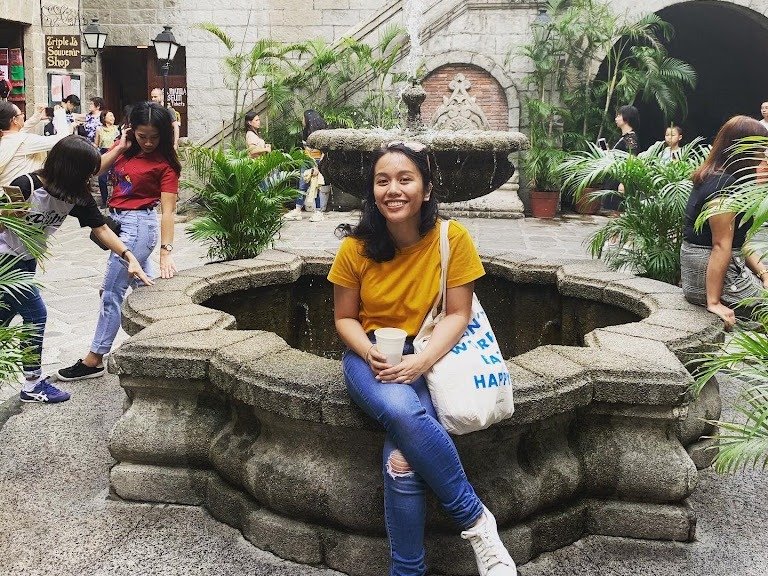The journey and aspirations of a second-generation overseas Filipino worker
Photo courtesy: Bianca Nicole Vinoya
Bianca Nicole Vinoya is making an indelible impact as the Director of Development for Breakthrough New York, a nonprofit organization founded in 1999 to empower low-income students to equitably complete their college education. Vinoya was a frontline researcher with urban and agricultural women and youth in the Philippines before translating her skills toward meaningful advocacy in the United States.
“I feel like I have more power,” Vinoya said of her capacity to drive key funding decisions. “I don’t have to please you. I don’t have to give you the right answer. I need to tell you what we’re seeing and maybe change your mind about how you see things.”
Vinoya is shifting the standard operating procedures of non-profit fundraising in the United States. She is doing this while sending remittances to her family in the Philippines. Her experience is rooted in long-historical relationships of labor and migration between the U.S. and the Philippines over the last century.
“I’m in America to work to earn money to send back to my family,” Vinoya said. “It’s a challenge.”
Vinoya is well acquainted with the material and emotional demands of overseas remittance work. Her childhood in Cavite, Philippines, was shaped by her father’s employment as an OFW. Today, Vinoya is part of the 60 percent of Filipina OFWs that sent US$2.6 trillion back to the Philippines in 2021. The Calabarzon region that includes Vinoya’s home province sent out 16 percent of OFWs that year, the largest of any region in the country.
The Vinoyas represent an estimated 1.83 million Overseas Filipino Workers (OFW) in the global Filipino diaspora intertwined in an intergenerational labor network generated and preserved by deeper structural pressures in Philippine society. These networks have become more entrenched since the creation of the Balikbayan program in 1973 under the administration of Ferdinand Marcos Sr.
Witnessing her father’s struggles as an OFW stoked a profound sense of social justice in Vinoya and calibrated her moral compass toward her current work. Her skills and passion earned her a graduate fellowship at Fordham University, where she interned with the Policy and Campaigns team at MADRE, an international women’s nonprofit committed to ending gendered violence while building gendered equity in homes, workplaces, and communities.
“You’re seeing all these problems and it affects you. I wish we were in a healing society with all policies based on care and love for each other. That’s part of why I’m here in this space,” Vinoya said.
Vinoya is mobilizing her skills, influence, resources, and convictions to enact lasting positive changes both in her American spaces and for her Philippine loved ones.
“That’s also one reason I’m here,” Vinoya said. “Where do I belong? Most of the time, I feel like I belong in New York way more.”
Vinoya is now in a position to sustain herself, her family, and her community as she builds a life in the United States. She feels the burden of expectation as an OFW, is mindful of the stakes, and is confident in her ability to meet those challenges directly as part of the Filipino diaspora.
Vinoya is making good on her sense of responsibility to her family in the Philippines while enriching the lives of her community in the United States through an unending dedication to her work.
“It’s easier to be hopeless,” Vinoya said. “It’s easier to imagine a world that ends than a world that doesn’t end because it forces us to be imaginative. That’s hard. Everything that’s worth doing is hard.”

